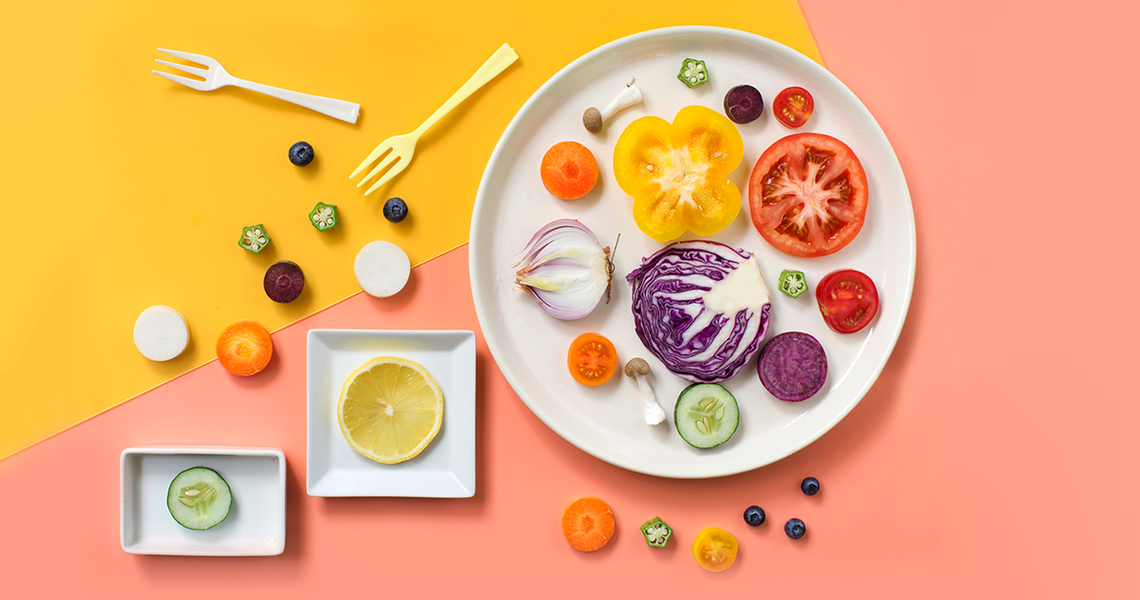
How many times has your new year resolution sounded like a weight loss goal? Mine has, almost every year.
For the longest time, the number on the weighing scale dictated how I showed up in the world. By the time I was fifteen, I had already been on Atkins, the Low-carb diet, the Paleo diet, and multiple detox diets, only to gloriously fail at each one. The crippling anxiety and frustration that followed each of these failures became a permanent part of my personality.
What started this madness? A medical condition I didn’t know I had.
I spent years losing my mind, but not my weight, because I didn’t know why I was gaining it in the first place. What boggles my mind is that I wasn’t even interested in finding out.
I knew one thing: I had to lose the weight and if I couldn’t do that, I didn’t deserve to be happy.
In 2021, the global market for weight loss products and services was valued at 254.9 billion dollars. This billion-dollar diet industry has an astounding failure rate of 95%. Interestingly, that is exactly what keeps feeding it.
The success of this industry is directly proportional to the degree you fail at accepting yourself as you are. In a media-saturated world like ours, that leaves no room for imperfection, self-acceptance is nothing but an abstract concept. So, we try, we fail, and we keep coming back.

From a biological perspective, it makes sense why diets don’t work. Our bodies are beautifully complex mechanisms designed to keep us safe at all times. So, when you deprive your body of food, it goes into survival mode. While your mind understands that you are on a diet, the body believes that you are in danger and you need to eat everything you can to survive. Inevitably, all you can think about is food. Sound familiar?
It is not uncommon for occasional dieters to find themselves developing serious eating disorders over time. According to the American Journal of Clinical Nutrition, global eating disorder prevalence increased from 3.4% to 7.8% between 2000 and 2018. As of today, eating disorders have the highest mortality rate of any mental illness. In the pursuit of an unattainable and ever-changing standard of beauty, sometimes we end up doing irreversible damage to our bodies.
So, what are we chasing?
If self-acceptance is the goal, it is never found in the numbers on a weighing scale. If optimal health is the goal, it is never found in a diet fad or a weight loss supplement.
What creates lasting change is the ability to listen to your body and give yourself the validation you crave from others. Can you imagine what would happen to the billion-dollar diet industry if we were all to do this?

